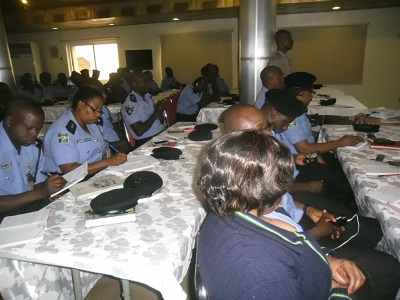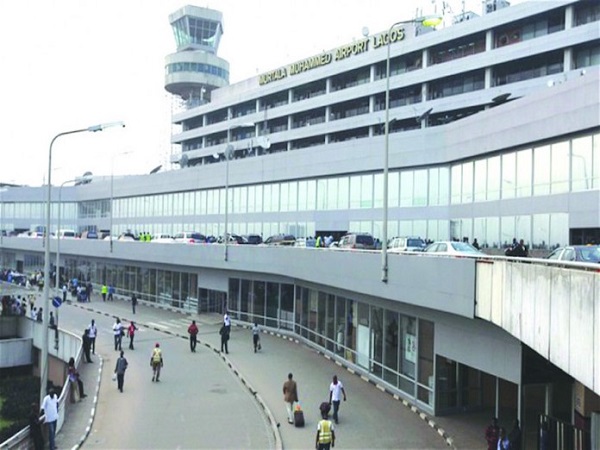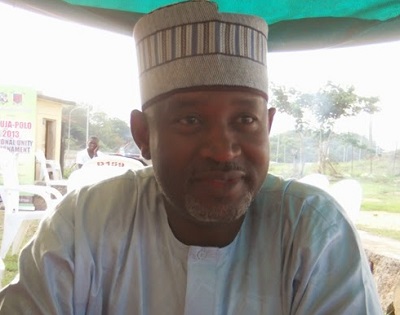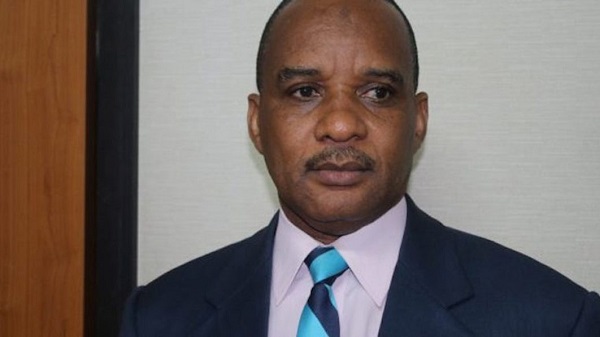SON, EU, Germany seal €24.5m energy efficiency project

The European Union and Germany are collaborating with the Standards Organisation of Nigeria on a €24.5m energy efficient project.
The project, which also involves the Ministry of Industry, Trade and Investment and the Ministry of Power, Works and Housing, will enable all the partners to work from all fronts to adjust imported electrical products and local substitutes to a sustainable level of efficiency, according to a report.
The SON, as a result, has pegged February, 2018 as a deadline for importation of fridges, air conditioners and other home appliances that are not energy-efficient while fixing 2019 as a deadline for the use of locally manufactured appliances that are not energy-efficient.
According to the agency, this is to ensure that the quantum of electricity generation in the nation currently at 4,000 megawatts is judiciously applied and subsequently shored up to the national sufficiency level of 36,000 mw.
The Director-General, SON, Mr. Osita Aboloma, was quoted in a statement as saying this at the launch of the Nigeria Energy label in Lagos.
He said that the concept would guide consumers’ choices in terms of energy conservation rating of appliances.
“For instance, identifying a less efficient brand of air conditioner is symbolised by one star while five stars indicate better efficient appliance,” he said.
Aboloma warned that with the launch, a label would be attached to every appliance with approved minimum energy performance, making it illegal to import any of the electrical products with less than a star.
He said, “We have designed a road map in conjunction with manufacturers for the implementation of the minimum energy performance and label. Enforcement of the label is scheduled to commence after 18 months for locally manufactured products, and six months for imported products.”








